MEDICAID OPEN ENROLLMENT 2025
Join Families Helping Families of Southwest Louisiana for a helpful training session to help you prepare for the Affordable Care Act & Medicaid Open Enrollment 2025. Wednesday, September 25, 2024: 12:00 PM
Read More...In the first year, babies learn to focus their vision, reach out, explore, and learn about the things that are around them. Cognitive, or brain development means the learning process of memory, language, thinking, and reasoning. Learning language is more than making sounds (“babble”), or saying “ma-ma” and “da-da”. Listening, understanding, and knowing the names of people and things are all a part of language development. During this stage, babies also are developing bonds of love and trust with their parents and others as part of social and emotional development. The way parents cuddle, hold, and play with their baby will set the basis for how they will interact with them and others.
Birth – 1 Years old
She will find your voice calming.
This will help him learn to use language.
This will help her develop and understand language and sounds.
This will help your baby develop a love for music and will help his brain development.
Spend time cuddling and holding your baby. This will help him feel cared for and secure.
Watch your baby closely for signs of being tired or fussy so that she can take a break from playing. Distract your baby with toys and move him to safe areas when he starts moving and touching things that he shouldn’t touch.
Parenting can be hard work! It is easier to enjoy your new baby and be a positive, loving parent when you are feeling good yourself.
When a baby becomes part of your family, it is time to make sure that your home is a safe place. Look around your home for things that could be dangerous to your baby. As a parent, it is your job to ensure that you create a safe home for your baby. It also is important that you take the necessary steps to make sure that you are mentally and emotionally ready for your new baby. Here are a few tips to keep your baby safe:
Content source: National Center on Birth Defects and Developmental Disabilities, Centers for Disease Control and Prevention

Join Families Helping Families of Southwest Louisiana for a helpful training session to help you prepare for the Affordable Care Act & Medicaid Open Enrollment 2025. Wednesday, September 25, 2024: 12:00 PM
Read More...
If we have positive assumptions about people with Down syndrome, we’ll give them more opportunities in their schools, workplaces, relationships and activities. And maybe these positive assumptions will become reality.
Read More...
This blog post from Parent to Parent USA discusses the importance of people-first language in referring to individuals with disabilities. It explains how this respectful language emphasizes personhood over disability and combats stereotypes and discrimination. The post delves into the historical advocacy for such language, its role in inclusive communication, and provides guidelines for its proper use.
Read More...
